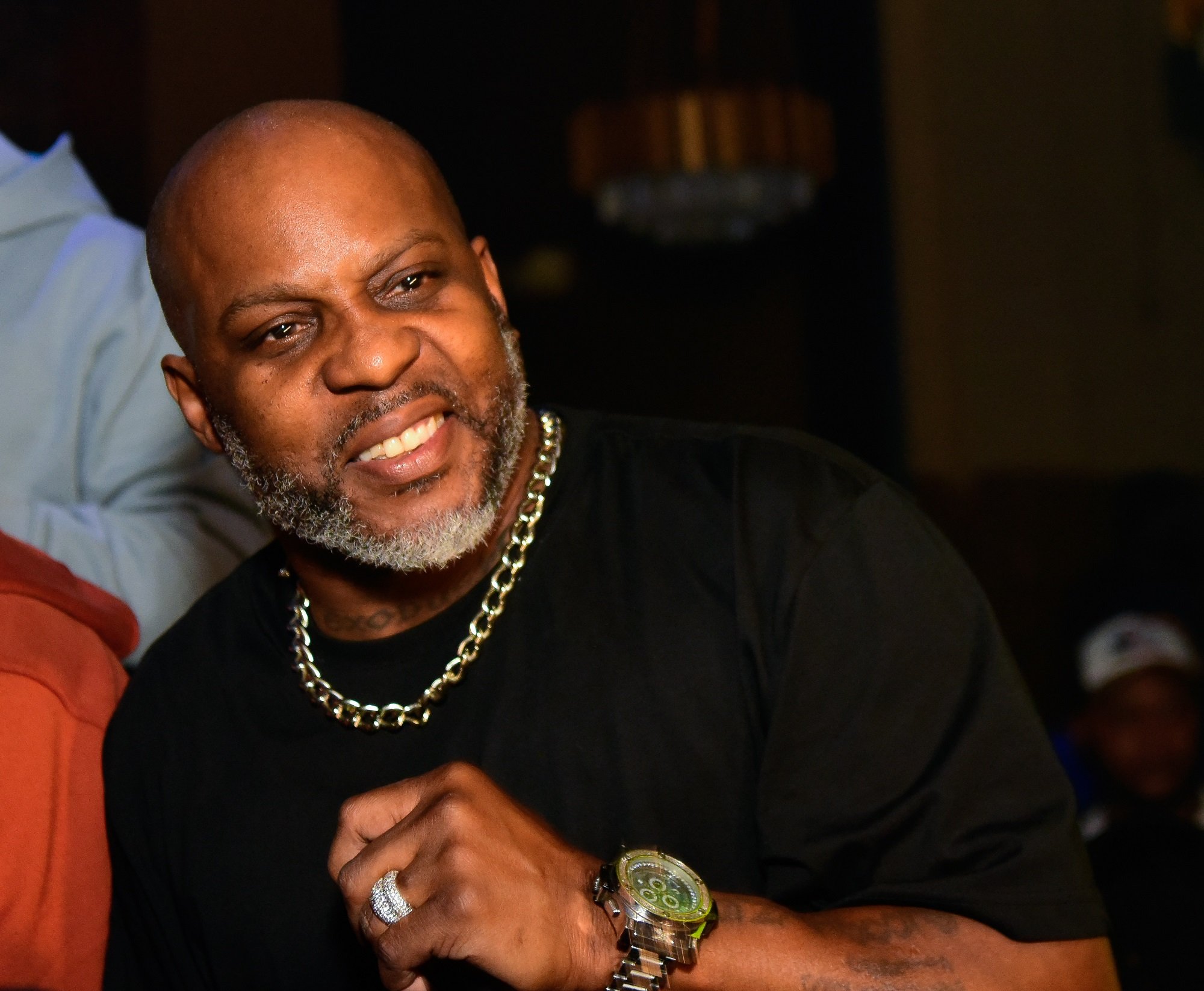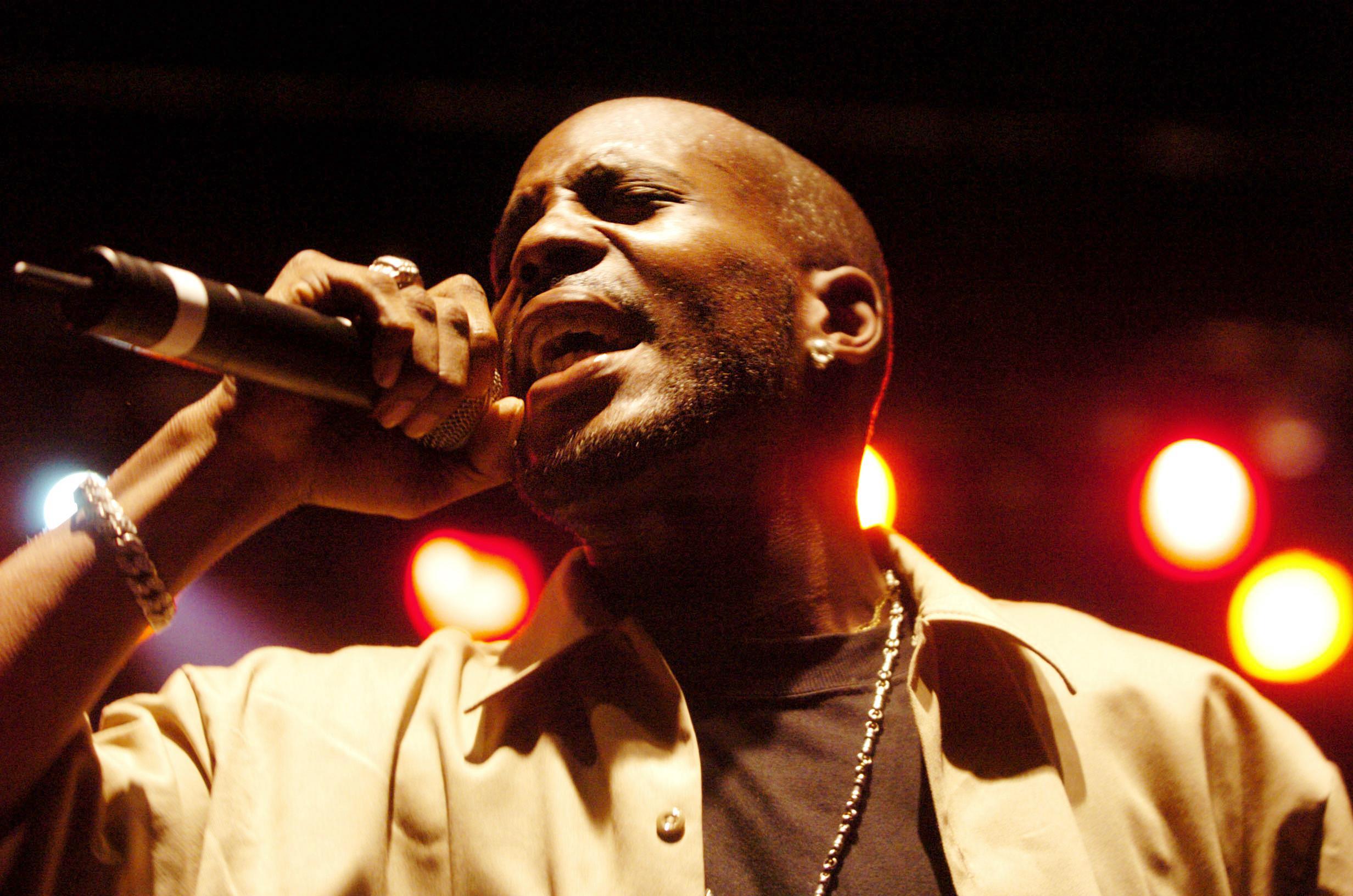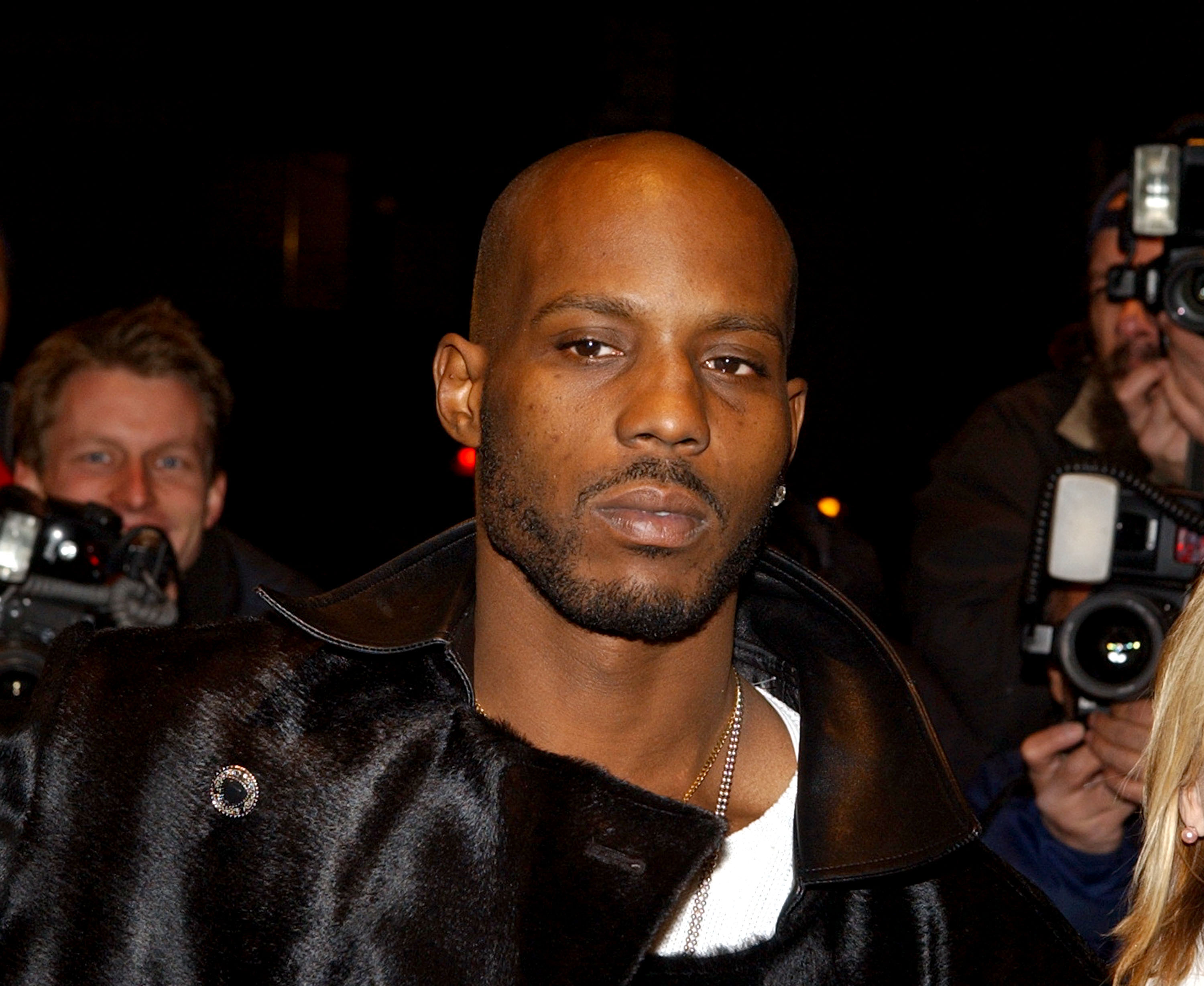DMX Had Major Issues With the Music Industry
DMX successfully made the transition from rapper to movie star. He made his movie debut in Belly in 1998, then followed up with a string of action hits Romeo Must Die, Exit Wounds, and Cradle 2 the Grave. DMX produced his 2004 movie Never Die Alone, and at a press conference for that film, he revealed the reasons Hollywood offered him a more scrupulous deal than the music industry.

Despite his chart-toppers, DMX made more money in movies
DMX lambasted the recording industry for the cut it takes from its artists. By 2004, DMX had released five albums, but wasn’t seeing the fruits of his labors.
“In music, the highest paid artists get 18 cents off of a dollar and the record company still owns their product even though they paid for it,” DMX said. “It’s like straight robbery. Straight robbery. They give you nothing.”

To put it in context, DMX revealed how much money his music earned for Def Jam.
“I refuse to give another dime to that record label, to Def Jam,” DMX said. “I gave them their best year, I made $144 million for them in one year. $144 million dollars in one year, guess how much they gave me? They didn’t give me sh*t. What they did was they loaned me three towards my next album. It was like soon as they give you that money, you already owe them two more albums. They don’t give you anything. They advance you or they’ll give you something and have you pay for it later.”
That includes perks, too. DMX learned that the hard way.
“Everything is an advance,” DMX said. “But they’ll offer it to you. ‘Hey, we were looking at the new Range Rover. We thought it’d be a great idea if we got it for you.’ And they’ll get it for you, then you look on your PNL report, you’ve got $80,000. You end up thanking yourself.”
DMX thought artists should own the money after they pay back the studio
Another aspect of unscrupulous dealing, DMX said, was that the record label still owned his recordings after he paid them back. He said if they’re paying him as an advance on his earnings, then he should own the materials once he’s paid them back.

“They advance you the money, okay,https://www.cheatsheet.com/news/tina-turner-survived-major-health-problems-began-wedding-erwin-bach.html/ that’s cool,” DMX said. “You give me the money, I make the music. After I pay you back the money, I should own the music, because that was the money, you put up the money. They still own it, they always own it and they ask for maybe 27 songs for each album, yet they only use about 16. The rest they give away to soundtracks. It’s robbery.”
He called music contracts hypocritical, too
In 2004, DMX had two years left on his Def Jam contract. That was another issue he had, that they held him for so long.
“The standard contract is five to seven years, five to seven albums. How the f*ck do you call me a risk, yet you hold me down for five to seven years? And the average expectancy of any artist is three years. So you’re already holding me for longer than you think I’m going to last. There is no risk factor.”


